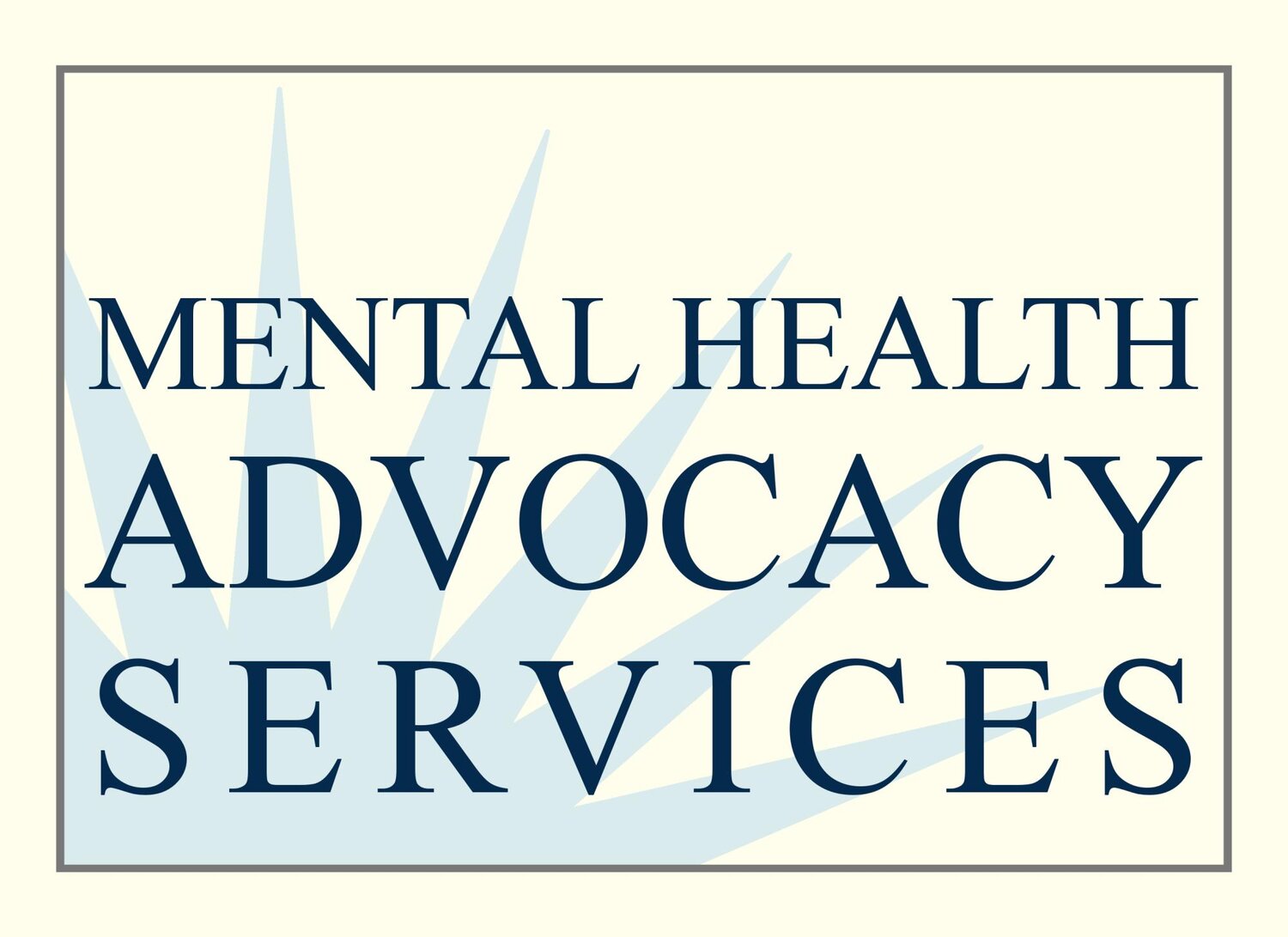A New Beginning: Behavioral Health-Legal Partnership
by Eliza SchaflerEliza Schafler is an MHAS Equal Justice Works Fellow sponsored by Greenberg Traurig, LLP.
 Yesterday, I was out of my element. Instead of sitting in my legal office, surrounded by files and reference books, I was stationed in a bright and colorful therapy room. Instead of listening to conversations about advocacy strategies and legal intakes, I heard the high voices of children in the halls and the soft responses of mental health clinicians. Yesterday, I left my usual post at Mental Health Advocacy Services (MHAS), where I am an Equal Justice Works legal fellow, to work on-site at the largest children’s mental health provider in Los Angeles County: Hathaway-Sycamores Child and Family Services.How did I, a legal advocate, end up at Hathaway-Sycamores? The short answer is, “Medical-Legal Partnership.” Or, as it is more aptly called in this case, “Behavioral Health-Legal Partnership.” BeHeLP, for short.Let’s take a step back. Medical-Legal Partnership (MLP) is a model for the provision of legal services that offers legal care as a tool to improve health. It stems from the simple idea that legal problems affect health, and thus legal assistance can promote health – particularly for low-income individuals and families. To give a classic example: a low-income child with asthma cannot recover if her family’s apartment is infested with mold. Legal assistance to address poor housing conditions is necessary for that child to succeed in treatment.I just gave an MLP example based on physical health. Indeed, of the over 100 MLPs that exist nationwide, all but a handful exist to serve people with physical illness. Most are partnerships between legal organizations and hospitals. And they do incredible work.But MHAS is among the few pioneers in the country to bring the MLP model to the mental health world, through Behavioral Health-Legal Partnership. Because MHAS has forged this unique relationship with Hathaway-Sycamores, I am able to go on-site, engaging directly with clinicians and offering legal assistance to clients in a place where they feel at home. I can train staff to catch legal issues early, so that I can address them before they have serious consequences for children’s mental health. And I can learn from professionals who intimately understand the problems in their clients’ lives.I will be documenting the development of BeHeLP through the new MHAS blog. I look forward to sharing our experience.
Yesterday, I was out of my element. Instead of sitting in my legal office, surrounded by files and reference books, I was stationed in a bright and colorful therapy room. Instead of listening to conversations about advocacy strategies and legal intakes, I heard the high voices of children in the halls and the soft responses of mental health clinicians. Yesterday, I left my usual post at Mental Health Advocacy Services (MHAS), where I am an Equal Justice Works legal fellow, to work on-site at the largest children’s mental health provider in Los Angeles County: Hathaway-Sycamores Child and Family Services.How did I, a legal advocate, end up at Hathaway-Sycamores? The short answer is, “Medical-Legal Partnership.” Or, as it is more aptly called in this case, “Behavioral Health-Legal Partnership.” BeHeLP, for short.Let’s take a step back. Medical-Legal Partnership (MLP) is a model for the provision of legal services that offers legal care as a tool to improve health. It stems from the simple idea that legal problems affect health, and thus legal assistance can promote health – particularly for low-income individuals and families. To give a classic example: a low-income child with asthma cannot recover if her family’s apartment is infested with mold. Legal assistance to address poor housing conditions is necessary for that child to succeed in treatment.I just gave an MLP example based on physical health. Indeed, of the over 100 MLPs that exist nationwide, all but a handful exist to serve people with physical illness. Most are partnerships between legal organizations and hospitals. And they do incredible work.But MHAS is among the few pioneers in the country to bring the MLP model to the mental health world, through Behavioral Health-Legal Partnership. Because MHAS has forged this unique relationship with Hathaway-Sycamores, I am able to go on-site, engaging directly with clinicians and offering legal assistance to clients in a place where they feel at home. I can train staff to catch legal issues early, so that I can address them before they have serious consequences for children’s mental health. And I can learn from professionals who intimately understand the problems in their clients’ lives.I will be documenting the development of BeHeLP through the new MHAS blog. I look forward to sharing our experience.
